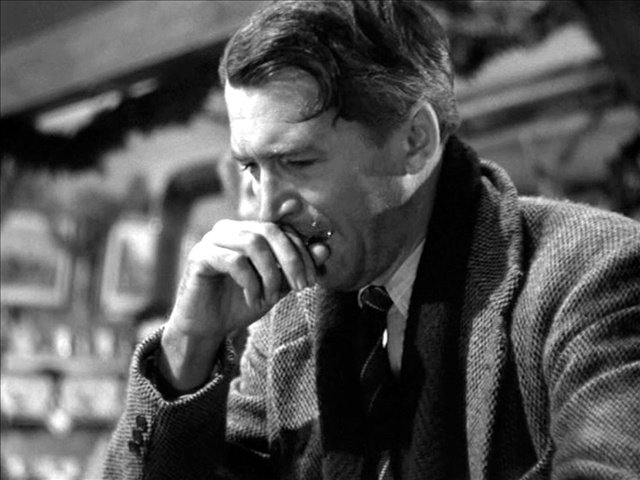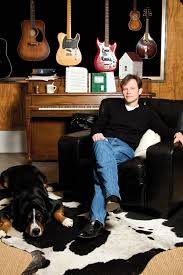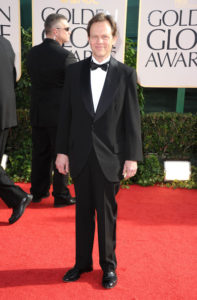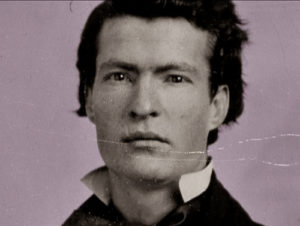Fan the same three sparks wealthy people use creatively which often leads to fortune.
Steve Jobs, Tom Douglas, and Mark Twain did.
You can, too.

Wealthy spark #1: Be foolish
Be foolish.
Not stupid foolish. Creatively foolish.
When Steve Jobs formally dropped out of Reed College, he informally dropped in on certain courses.
One of his favorites was calligraphy.
That’s why the fonts on a Mac are visually striking.
Steve Jobs saw the craving for beauty before he saw programming.
“We designed the (calligraphy) into the Mac. It was the first computer with beautiful typography. If I had never dropped in on that single course in college, the Mac would have never had multiple typefaces. And since Windows just copied the Mac, it’s likely that no personal computer would have them.” Steve Jobs, 2005 Stanford Speech
Great wealth is highly sensitive to the actions we take.
Wealth breathes inside of us.
But, it’s manifest through persistent acts of creation.
Wealthy spark #2: Fan creativity
Stay glued to creativity.
That’s not what George Bailey did in the movie It’s A Wonderful Life.

He didn’t have a wonderful life, just like so many in the workforce today, because he limited his work philosophy to hard-core grinding.
That was it. Find a job that makes “cents” and stick to it even if it doesn’t match your soul and spirit.
That’s what Tom Douglas did in the eighties in Dallas, trying to lease buildings as a commercial real estate agent.
I ran into Tom at church one day and asked him about business.
He gave me that deadpanned look and said it was so bad that it . . .
“Makes you wanna smoke cigarettes and drink hard liquor.” Tom Douglas
Like George Bailey, Tom was depressed in a highly commendable career.
He knew his work wasn’t glued to his soul.
So I asked him on another day at church, “Tom, what do you wanna really do?”
“Write country music.”
Right, Tom. Just like everybody else.
Except Tom was rewarded when he did just that.
Move to Nashville and write country music.
“When I finally came to terms with the fact that creativity was a God given gift…and a gift I should treasure and enjoy…..things started to fall into place….one gleaming Saturday morning at age 39, I sat down at an out of tune piano and opened up my black and white composition book and told the truth…I opened up a vein and bled on the page…..
I wrote a song about a guy starting over..I wrote my story..it is a metaphor…..staring down his demons….asking for forgiveness….broken….needing and finding redemption….’I think I’m on a roll here in Little Rock…solid as a stone baby wait and see..got one small problem here in Little Rock….without you baby I’m not me’… Went to an NSAI songwriting seminar in Austin Tx ….re-connected with Paul Worley …a friend whom I had known when I lived in Nashville ten years earlier…there is a plan after ALL! He signed me to Sony Publishing…Collin Raye recorded Little Rock…it went to #1…the Red Sea parted and I walked to the Promise Land” Tom Douglas, Songwriters Bleed Ink


Tom Douglas wrote top ten hits for Miranda Lambert, Lady Antebellum, Tim McGraw, Martina McBride, and John Michael Montgomery.
In 2010, he was nominated for an Oscar and a Golden Globe for the song “Coming Home.” In 2014, he was inducted into the Nashville Songwriters Hall of Fame.
Wealthy folks stay glued to creativity even when the present circumstances defy faith.
#3: Be an amateur
Be a silly amateur.
In his book Show Your Work, Austin Kleon says that a pro is just an amateur “who gets obsessed by something and spends a ton of time thinking out loud about it.” In effect, a pro is an amateur willing to be a fool in love with an idea repeatedly.

What does this have to do with being wealthy? Two things.
- Ideation is essential for wealth creation
- Reading is vital for ideation
Mark Twain read books over and over again.
They were his source for new ideas and new books.
“On the table by him, and on his bed, and on the billiard-room shelves, he kept the books he read most. All or nearly all, had annotations—spontaneously uttered marginal notes, title prefatories, or concluding comments. They were the books he had read again and again, and it was seldom that he had not had something to say with each fresh reading.” Albert Bigelow, Mark Twain: A Biography
Be foolish. Be creative. Be a silly amateur.
What fires your creativity?

